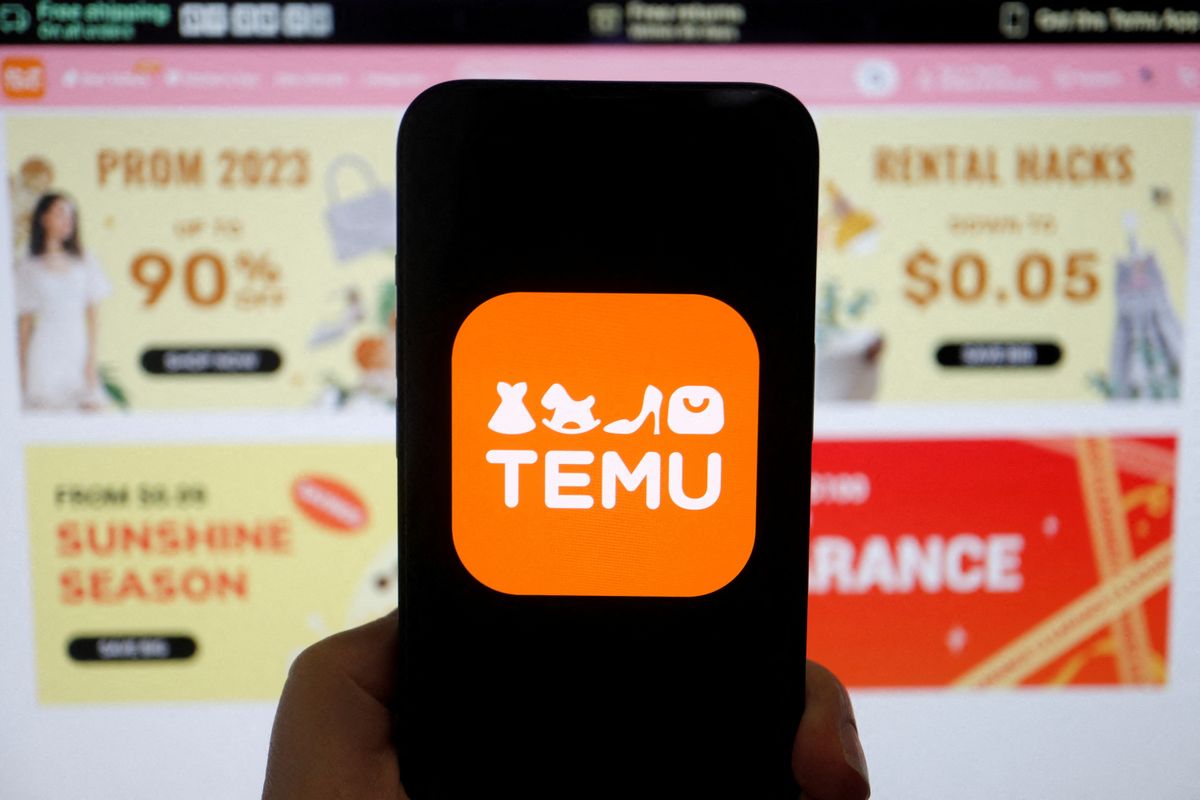Temu sues Shein over market dominance
Chinese fast-fashion e-tailers Shein and Temu have been making quite a splash in the online retail industry.

A few minutes every morning is all you need.
Stay up to date on the world's Headlines and Human Stories. It's fun, it's factual, it's fluff-free.
The backstory: Chinese fast-fashion e-tailers Shein and Temu have been making quite a splash in the online retail industry. Shein made its way into the US market back in 2017 and quickly gained popularity by offering trendy fashion items at low prices. We're talking shirts and swimsuits for as little as US$2. With a valuation of US$66 billion, according to the market research firm CB Insights, Shein has become one of the most successful global startups. In March, rumors swirled that Shein was planning to raise around US$2 billion in funding and eyeing a potential US listing later this year.
On the other hand, there’s Temu, which burst onto the scene last September and swiftly climbed to the top of the ranks on Apple's US App Store. Temu, like Shein, also focuses on low prices and flash sales to attract hordes of shoppers. In fact, at one point in January, Temu's website visits even beat Shein's. According to data firm YipitData, Temu's gross sales soared from US$3 million in September to US$192 million in January alone. In just five months, Temu raked in US$500 million in sales.
More recently: Last December, Shein sued Temu in the US, alleging trademark and copyright infringement by its new rival. Shein also said that Temu had benefited from negative publicity generated by influencers and engaged in deceptive tactics.
But it's also worth noting that Shein has faced its fair share of copyright infringement lawsuits in the past. Last week, three graphic designers joined the fray, accusing Shein of "egregious" copyright infringement and racketeering. They said that Shein copied their designs and used secretive algorithms to replicate artists' work. They argued that Shein's success was built upon repeated infringements.
The development: Temu just sued Shein in the US and alleged that it violated antitrust laws by using threats and intimidation to prevent clothing manufacturers from working with Temu. According to Temu's complaint, Shein has dominated over 75% of the "ultra fast-fashion" market in the US since 2017. But when Temu entered the scene last year, Shein allegedly used strong-arm tactics to force manufacturers into exclusive partnerships, shutting Temu out.
According to Temu's lawsuit, Shein has coerced more than 8,000 manufacturers into signing exclusive deals, preventing them from working with Temu. On the other hand, Shein denied these allegations and says the lawsuit has no merit.
Key comments:
“Shein has engaged in a campaign of threats, intimidation, false assertions of infringement, and attempts to impose baseless punitive fines and has forced exclusive dealing arrangements on clothing manufacturers,” said Temu’s complaint filed in the US on July 14.
“For a long time, we have exercised significant restraint and refrained from pursuing legal actions. However, Shein’s escalating attacks leave us no choice but to take legal measures to defend our rights and the rights of those merchants doing business on Temu, as well as the consumers’ rights to a wide variety of affordable products,” said Temu in an emailed statement.
“We believe this lawsuit is without merit and we will vigorously defend ourselves,” a Shein spokesperson said in an emailed statement.




Comments ()